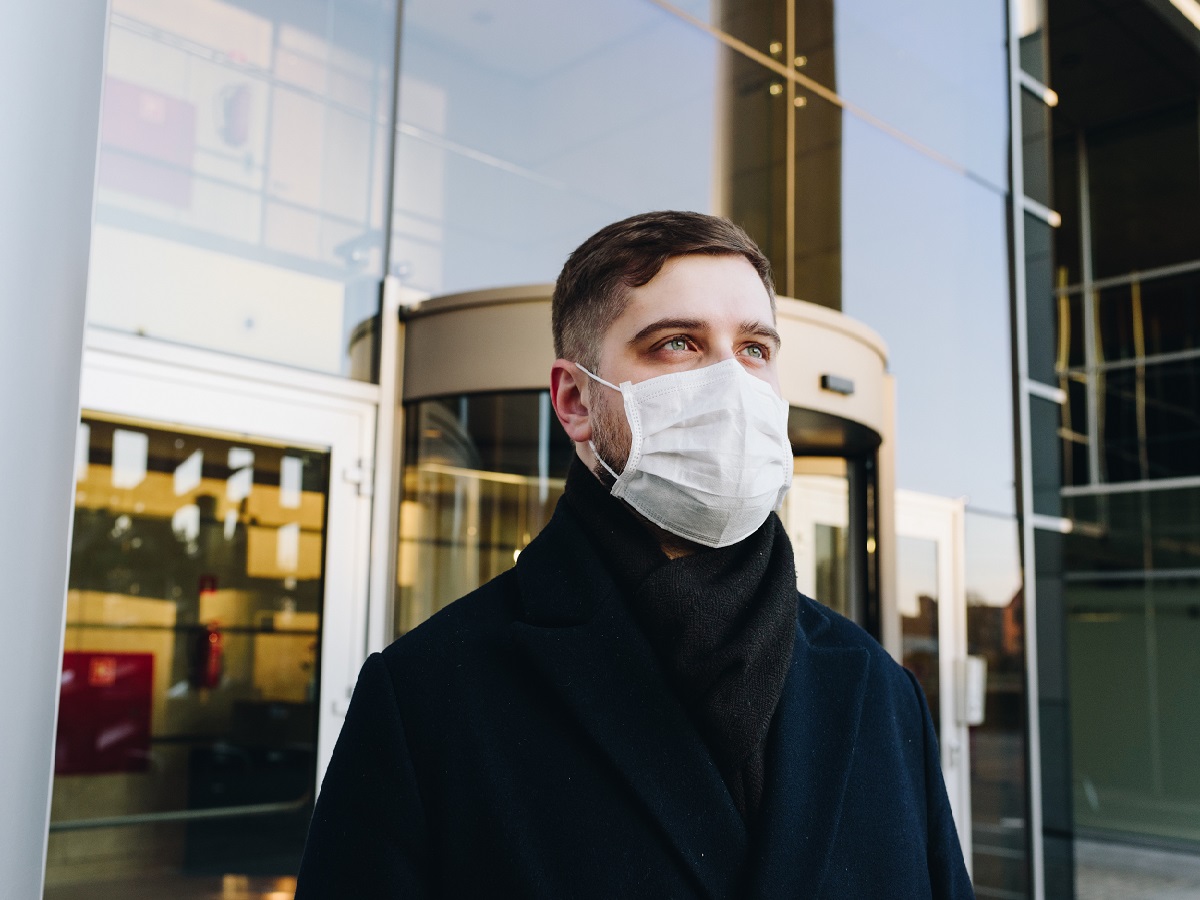Tracey Skoyles examines how resilience and wellbeing are a big focus, but there is little support for people’s fears about their career futures.
The global health crisis has triggered a big focus on resilience and wellbeing. Organisations and media have put in place resources to help people cope with the mental and physical effects of:
- Life feeling fragile with people dying before their time – young and old
- Significant disruption to work and home routines
- Enforced isolation to prevent virus transmission – creating a lack of human touch and physical connection
The resources were introduced early in the pandemic as a quick fix – supporting self-care through nutrition, exercise, relaxation and sleep. Wellbeing resources remotely accessible include fitness apps, virtual classes, and tools which are easy to provide and can quickly reap benefits without supervision.
Have wellbeing resources made a difference?
A recent discussion with a client revealed a £79K spend on wellbeing resources with only a 9% take-up. Further research across other companies shows similar results.
Is the disappointing take up because the resources are one dimensional – all loaded down the health route? Is there an equally big anxiety amongst people that these resources don’t address i.e. their fears about future jobs and the economy?
Many political decisions over the last 12 months have been made to balance the needs of people’s health with concern for the economy. Worldwide, governments have tried to serve both – and perhaps organisations need to do similar by creating a bridge between wellbeing and career resilience. If we care about people’s health then we should care about their future at work.
‘We’re all caught in the same storm but we’re in different boats’
Whilst businesses are changing in reaction to the current crisis, people have changed too. There’s been a traumatic growth – a forced personal growth – both in home and work lives. This has happened to every person in differing degrees dependent on their personal circumstances and life or career stage.
In addition, people have had time to re-think their lives and question how they live and why they go to work. There are big changes coming down the line and psychologists talk about us heading for a ‘great collective re-set’ where we seek a better life. This could have an impact on our businesses and people’s attitudes to their jobs.
Research from McKinsey suggests:
- 25% of UK workers are looking to switch career after the crisis
- 30-50% in US are intending to make big life changes when the crisis is over
What is likely to happen next?
The reality is that different people will be taking different approaches.
- Those who are adaptable to change will be proactively scanning the horizon and preparing for the future
- Some have a normalcy bias and hope things will eventually go back to normal
- Others will seek to make a change for change’s sake
- A small number will be waiting to be told what to do
The challenge for organisations is to offer support that meets individual needs and prevents people making knee-jerk reactions that could lead to poor outcomes.
The temptation at this stage is to make lots of career tools available. If we revisit the lack of take up for wellbeing resources mentioned earlier, some of this could be because many of us have gone from adrenaline-flowing at the start of the pandemic to feeling fatigued as the crisis rumbles on. There have been huge amounts of activity and the last thing people need now is additional tasks to complete.
Is ‘being human’ the key to balance career resilience and our wellbeing strategy?
So, is the key to building an effective career resilience and wellbeing strategy less about giving people extra tasks and more about creating time and space to interact with others and think through how to revive faltering career plans?
- McKinsey research tells us the top facilitator for career development is access to the care and support of another person – to help find perspective, support and advice.
- If asked what they missed most about their working lives in 2020, most people will talk about the connection with colleagues – those face-to-face everyday interactions.
So how can organisations encourage a ‘being human’ form of career activity that doesn’t put extra strain on busy employees?
- Create space and context to re-energise a focus on careers
- Inspire stakeholders to have great career conversations ‘in the moment’. This is all about having the right questions and not the right answers!
- Provide access to extended support networks
So, what do we need to do next?
Whilst resilience and wellbeing remain an important focus, we now need two additional ingredients.
1) Career – career resilience is now considered to be a key capability and should form a central part of any wellbeing strategy.
2) Being human – the human touch plays a critical role, one that has been hugely challenged during the pandemic.
If we combine wellbeing, career and being human together, we should see a mix of resources to meet all needs and address current sources of anxiety. Together they create a focus on a healthy, happy and fulfilled future for all employees. When applied with a human touch – taking into account the traumatic growth and fatigue many are experiencing as a result of the crisis – they will help those considering a life change or career shift to make informed choices.
Human interaction is often the preferred choice but may be difficult at scale – or where there is urgent need. Where digital solutions are used, it is essential to ‘humanise’ them, personalising them according to an individual’s needs, empowering people to have conversations about their career futures, and regularly evaluating impact to ensure they remain relevant and add value.
Support your employees to build career resilience through conversations with our expert-led Be Bold in Your Career programme.





